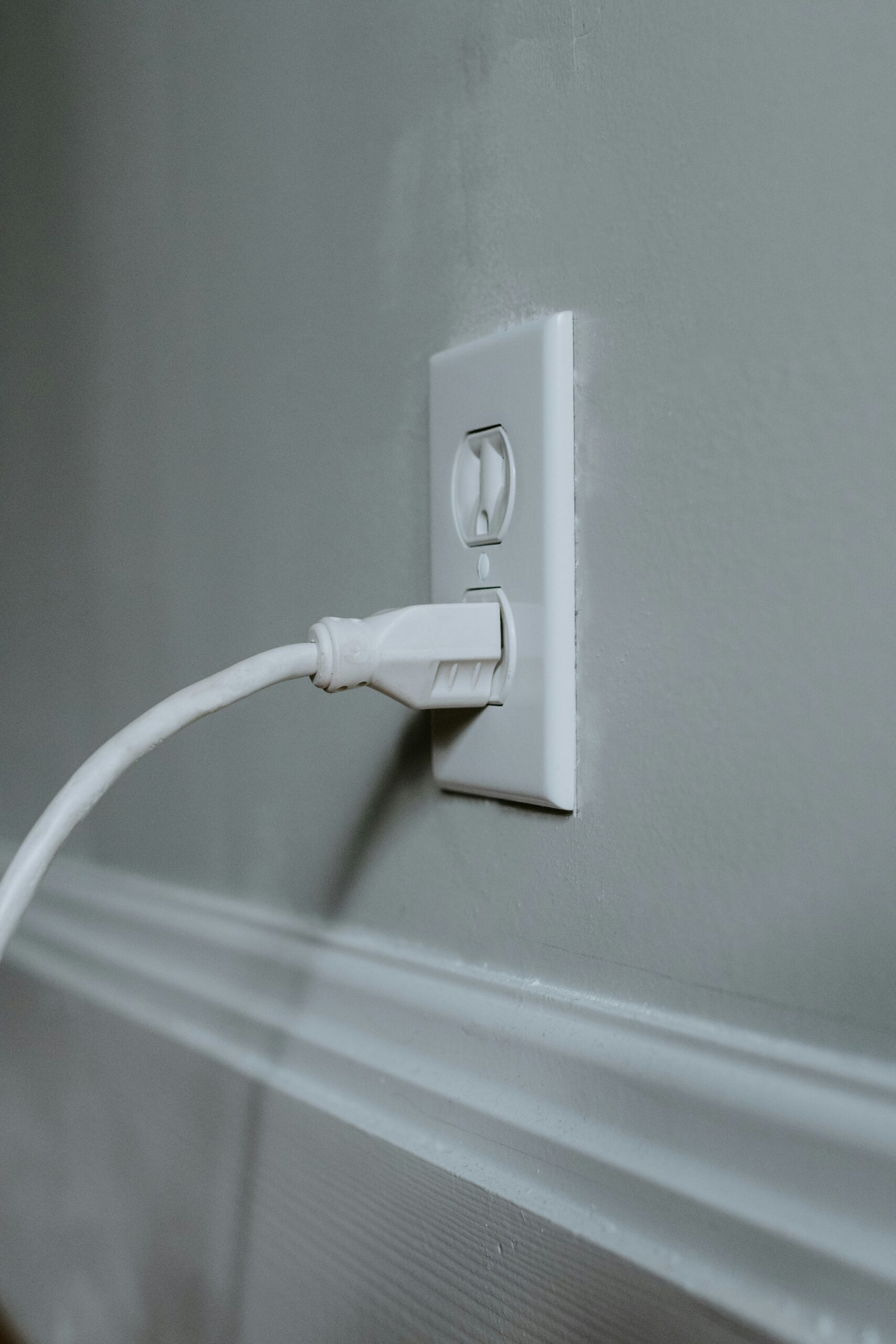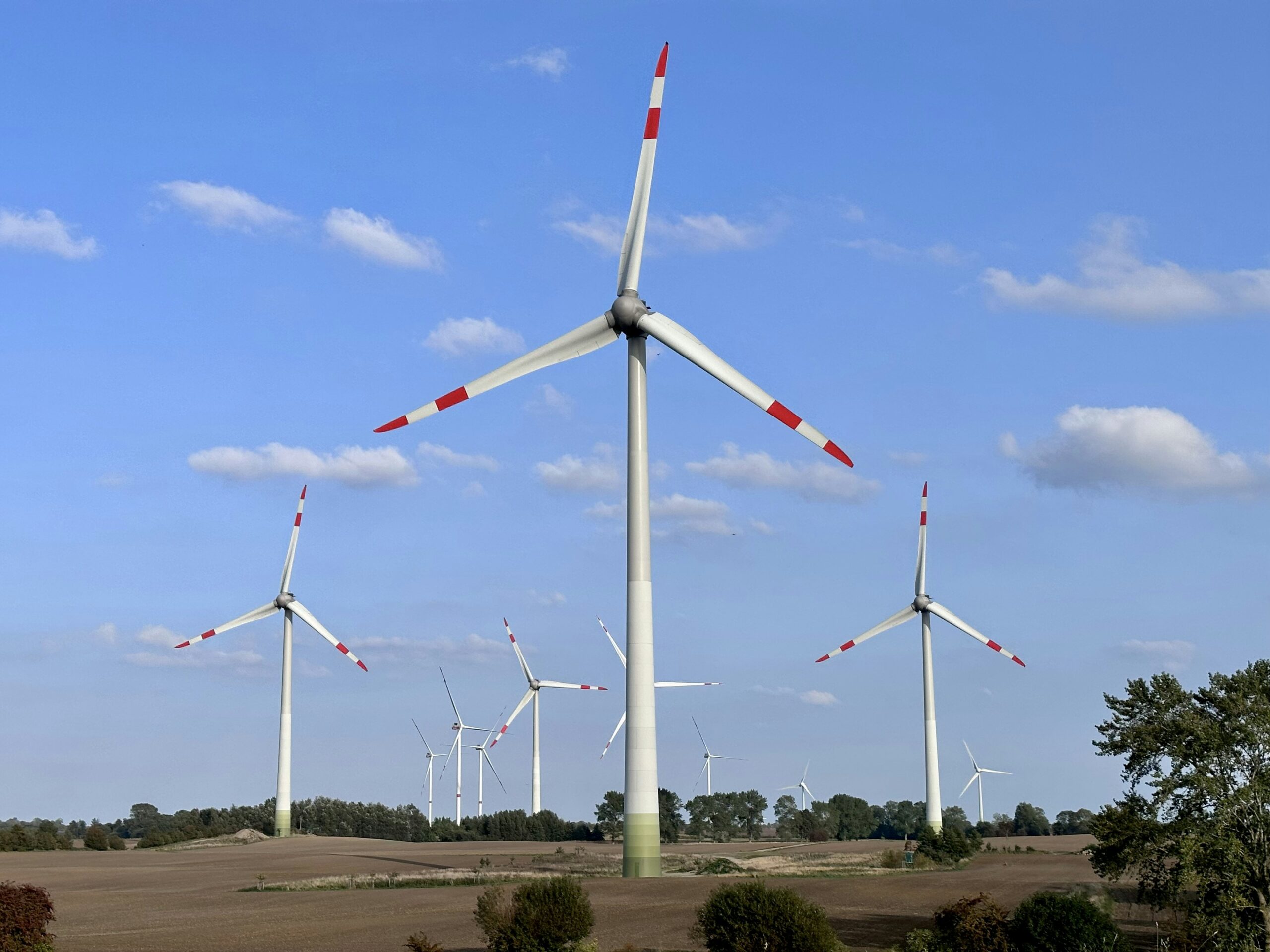Imagine living in an area where power outages are a regular occurrence, disrupting your daily routines and leaving you stranded without electricity. It’s an inconvenience that can be a major hassle. But what if there was a solution? In this article, we explore the possibility of utilizing a home power backup system in areas with frequent power outages. Could it be the answer to your power-related woes? Let’s find out.
Understanding Power Outages
Power outages refer to the sudden loss of electrical power in a particular area, leaving homes, businesses, and communities without electricity. These disruptions can occur due to various reasons, both natural and man-made. Understanding the causes and impacts of power outages is crucial in exploring the need for a home power backup system.
Reasons for frequent power outages
There are several factors that contribute to frequent power outages in certain areas. One common cause is severe weather conditions such as storms, hurricanes, or heavy snowfall, which can damage power lines and other electrical infrastructure. Additionally, outdated and inadequate infrastructure, including aging power grids and transformers, can also lead to frequent outages. System overloads, equipment failure, and accidents like vehicle collisions can further exacerbate the problem.
Impacts of power outages
The impacts of power outages can range from minor inconveniences to major disruptions, depending on the duration and extent of the blackout. In households, outages can result in the loss of perishable food, interruption of daily routines, and potential risks to personal safety and security. Businesses can suffer significant financial losses due to disrupted operations, damaged equipment, and the inability to provide necessary services. Critical facilities like hospitals, emergency services, and manufacturing plants may face life-threatening consequences and compromised public safety during prolonged power interruptions.
Areas prone to frequent power outages
It’s essential to identify areas that are prone to frequent power outages, as they would greatly benefit from a home power backup system. Regions that experience extreme weather conditions such as coastal areas prone to hurricanes, tornado-prone regions, or areas with a high occurrence of thunderstorms are more susceptible to power disruptions. Moreover, regions with outdated electrical infrastructure and inadequate distribution resources are likely to face recurrent power outages. Understanding the specific locations with a history of frequent outages helps prioritize the implementation of home power backup systems.
The Concept of Home Power Backup System
To ensure uninterrupted power supply during outages, many households have started investing in home power backup systems. These systems act as a secondary source of electricity and are designed to provide power when the primary grid fails. Understanding the concept, components, and variants of home power backup systems is essential for making an informed decision about their implementation.
Definition of a home power backup system
A home power backup system, also known as a generator or an uninterruptible power supply (UPS), is a device or combination of devices that generate and store electrical power. It acts as an alternative power source when the main electrical grid fails. With a home power backup system in place, you can ensure a continuous supply of electricity to your home, allowing you to maintain essential functions and appliances during outages.
Components and working of a power backup system
A typical home power backup system consists of several essential components. The primary component is the power generator, which can run on various fuel sources such as gasoline, diesel, or natural gas. The generator works by converting fuel into mechanical energy, which is then transformed into electrical energy through an alternator. In the case of a UPS system, it utilizes batteries for energy storage. Other components include an automatic transfer switch (ATS) that detects power loss and switches the power source from the main grid to the backup system, as well as a control panel to monitor and manage the system.
Variants of home power backup systems
Home power backup systems come in different variants, each catering to specific needs and preferences. Gasoline generators are commonly used and provide reliable power during outages. They are typically more affordable but require regular fuel supply and maintenance. Battery backup systems, on the other hand, offer a sustainable and quiet power solution. They store electricity in batteries and can be charged through the main grid or renewable energy sources. Solar-powered backup systems harness the sun’s energy through solar panels and store it in batteries, providing a clean and renewable backup power solution.

Importance of a Home Power Backup System
Having a home power backup system offers numerous benefits beyond simply providing electricity during outages. Understanding its importance can help you make an informed decision about investing in such a system.
Negating the impact of power outages
A home power backup system is a reliable solution to negate the negative impacts of power outages. By providing an uninterrupted power supply, it ensures that essential functions can continue seamlessly, minimizing inconveniences and potential risks. It allows you to keep your lights on, run appliances like refrigerators, maintain a comfortable temperature through heating or cooling systems, and power essential medical devices or security systems.
Ensuring continuous power supply
With a home power backup system, you no longer have to rely solely on the stability of the main electrical grid. Whether it’s an unexpected outage or planned maintenance work by the utility company, you can be confident in having a continuous power supply to meet your daily needs. This is particularly beneficial for areas with frequent power outages, ensuring that you have consistent access to electricity without disruption.
Supplying emergency power for critical appliances
Certain appliances or equipment within your home may be critical and require uninterrupted power to function effectively. Medical devices like oxygen concentrators, dialysis machines, or refrigeration units for storing medication rely on a steady power supply. With a home power backup system, you can safeguard these critical appliances, ensuring they remain operational even during a power outage.
Application of Home Power Backup System in Areas with Frequent Power Outages
The application of home power backup systems becomes even more crucial in areas that experience frequent power outages. Real-life examples demonstrate the necessity of these systems, especially in sectors like healthcare and manufacturing.
Real-life examples of their use
In regions susceptible to frequent power outages, many households and businesses have already implemented home power backup systems. For instance, in hurricane-prone coastal areas, homeowners often rely on generators to keep their essentials running during and after a severe storm. Similarly, large healthcare facilities, such as hospitals and clinics, invest in robust backup power systems to ensure uninterrupted medical services. These real-life examples highlight the immense value and practicality of having a home power backup system in areas with frequent power outages.
The necessity in specific sectors like healthcare and manufacturing
In critical sectors like healthcare and manufacturing, the continuous supply of electricity is vital for ensuring public safety and maintaining essential operations. Power outages in healthcare facilities, for instance, can have life-threatening consequences as medical equipment, life support systems, and refrigeration units rely on electricity. Similarly, in manufacturing industries, interruptions in power supply can lead to production delays, compromised product quality, and significant financial losses. By implementing home power backup systems, these sectors can minimize the impact of power outages and continue their operations without disruptions.

Types of Home Power Backup Systems Suitable for Areas with Frequent Power Outages
Different types of home power backup systems are available, each catering to the specific needs and requirements of areas prone to frequent power outages. Understanding these options can help you choose the most suitable system for your needs.
Gasoline Generators
Gasoline generators are a popular choice for homeowners in areas with frequent power outages. These generators run on gasoline and provide a reliable and cost-effective solution for backup power. They are typically portable, making them versatile and easy to transport. However, they require a storage of gasoline, periodic maintenance, and the associated noise and emissions.
Battery Backup Systems
Battery backup systems, also known as UPS systems, provide a sustainable and clean backup power solution. They consist of batteries that store electricity and convert it into usable power during outages. Battery backup systems can be charged through the main electrical grid, renewable energy sources, or a combination of both. They are typically quiet, require less maintenance compared to generators, and do not emit harmful emissions.
Solar-Powered Backup Systems
Solar-powered backup systems utilize solar panels to capture energy from the sun, which is then stored in batteries for later use. These systems provide a renewable and environmentally friendly option for homes with frequent power outages. Solar-powered backup systems can generate electricity even during daylight hours when the main grid is down. They require an initial investment in solar panels but have minimal maintenance costs in the long run.
Performance Evaluation of Home Power Backup Systems in Power-Prone Areas
Assessing the performance of home power backup systems in areas prone to frequent power outages is essential to ensure their reliability and effectiveness.
Efficiency in providing uninterrupted power
The efficiency of a home power backup system is determined by its ability to provide uninterrupted power during outages. Factors such as the power output, runtime, and fuel consumption for generator-based systems, or battery capacity and charging efficiency for battery-based systems, influence their overall performance. Extensive testing and customer reviews can provide valuable insights into the efficiency of these systems, helping homeowners make informed decisions.
Durability and longevity under consistent usage
Home power backup systems must withstand consistent usage and function reliably for extended periods. The durability and longevity of these systems depend on their build quality, the types of materials used, and the maintenance practices adopted by the user. Regular servicing and adherence to maintenance guidelines provided by the manufacturer can significantly enhance the lifespan and performance of the backup system.
Maintenance and repair issues
Maintenance and repair requirements play a crucial role in the overall performance of home power backup systems. Generator-based systems often require regular maintenance, such as oil changes, filter replacements, and periodic inspections to ensure optimal performance. Battery backup systems may not require extensive maintenance but should be periodically checked for battery health and charging efficiency. It’s important to consider these maintenance needs, associated costs, and availability of service providers when selecting a suitable power backup system.

Cost Analysis of Installing a Home Power Backup System
The installation and operation costs associated with home power backup systems are important considerations when determining their feasibility.
Costs of different types of power backup systems
The costs of home power backup systems vary depending on the type, capacity, and features of the system. Gasoline generators are generally more affordable upfront, with prices ranging from a few hundred to a few thousand dollars, depending on the power output. Battery backup systems and solar-powered backup systems may have higher initial costs due to the added technology and components involved. However, their long-term operational costs, fuel savings, and potential incentives for using renewable energy sources can offset the initial investment.
Maintenance and operational costs
Maintenance and operational costs are important factors to consider when evaluating the overall cost of a home power backup system. Gasoline generators typically require regular fuel purchases and maintenance expenses, including oil changes and filter replacements. Battery backup systems have minimal operational costs but may require battery replacements after a certain period. Solar-powered backup systems have minimal operational costs as they rely on sunlight, but occasional maintenance and potential repairs of the solar panels can incur additional expenses.
Comparative cost efficiency analysis
To determine the cost efficiency of home power backup systems, an analysis of the upfront costs, operational costs, and expected lifespan of the system is necessary. While gasoline generators may have lower upfront costs, their fuel consumption and maintenance costs should be considered. Battery backup systems offer clean energy and minimal operational costs, but the lifespan of the batteries should be factored in. Solar-powered backup systems may have higher upfront costs but provide long-term savings through reduced energy bills and incentives for renewable energy usage. Conducting a comparative cost efficiency analysis can help homeowners make an informed decision based on their budget and long-term financial goals.
Sustainability of Using Home Power Backup System
Sustainability considerations are increasingly important in choosing home power backup systems due to their environmental impact and the growing focus on renewable energy sources.
Environmental impact
Gasoline generators produce emissions, including carbon dioxide, nitrogen oxides, and particulate matter, which contribute to air pollution and climate change. Battery backup systems and solar-powered backup systems, however, generate electricity without direct emissions. Choosing cleaner alternatives not only reduces the carbon footprint associated with power generation but also improves overall air quality, benefiting both individuals and the environment.
Use of renewable energy sources
The use of renewable energy sources, such as solar power, in home power backup systems aligns with sustainable practices and reduces dependence on fossil fuels. Solar-powered backup systems harness the energy of the sun, a renewable resource, to generate electricity for the home. By transitioning to cleaner and more sustainable power sources, homeowners can contribute to a greener future and mitigate the environmental impacts of power generation.
Sustainable waste disposal
The disposal of waste materials, such as used generator fuel, spent batteries, and retired solar panels, should be handled responsibly to ensure sustainable waste management. Recycling programs for generators, batteries, and solar panels exist to facilitate the proper disposal or repurposing of these materials. By adhering to recycling guidelines and environmentally conscious waste management practices, homeowners can minimize the environmental impact associated with home power backup systems.
Benefits and Limitations of Home Power Backup Systems
While home power backup systems offer significant advantages, it’s important to consider their limitations as well. Understanding both the benefits and limitations is crucial in making an informed decision.
Advantages of having a home power backup system
The primary benefit of having a home power backup system is the guarantee of uninterrupted power supply during outages. This ensures the continuity of daily activities, essential functions, and critical appliances, enhancing safety and comfort. Home power backup systems also provide peace of mind, knowing that you are prepared for unforeseen power interruptions. Additionally, the use of renewable energy sources in certain backup systems promotes a greener lifestyle and contributes to sustainable energy practices.
Disadvantages or limitations
One limitation of home power backup systems, particularly generator-based systems, is their reliance on fuel availability. This can be problematic during extended outages or situations where fuel supply is disrupted. Moreover, gasoline generators emit pollutants and contribute to noise pollution. Battery backup systems may have limitations in terms of their capacity and ability to power high-energy appliances for extended periods. Solar-powered backup systems require access to sunlight and may not be suitable for regions with limited sunlight exposure.
Solving the limitations
The limitations of home power backup systems can be addressed through proper planning, system sizing, and considering alternative energy sources. Ensuring an adequate fuel supply, regular maintenance, and having a backup plan for fuel shortages can mitigate the limitations of generator-based systems. Properly sizing battery backup systems and considering the power requirements of critical appliances can optimize their performance. For solar-powered backup systems, backup storage options, such as battery banks, can ensure continuous power supply during low sunlight conditions or extended outages. Regular monitoring and system upgrades can also address any limitations and optimize the performance of home power backup systems.
Future Trends and Innovations in Home Power Backup Systems
As technology continues to advance, the future of home power backup systems holds numerous possibilities. Emerging technologies, government regulations, and predicted market growth contribute to the evolving landscape of these systems.
Emerging technologies
The development of advanced battery technologies, such as lithium-ion batteries, is revolutionizing the home power backup system market. These batteries offer higher energy storage capacities, faster charging times, and longer lifespans compared to traditional lead-acid batteries. The integration of smart technologies and automation is also becoming prevalent, allowing homeowners to monitor and control their backup systems remotely. Additionally, the use of fuel cell technologies and microgrids presents exciting possibilities for future home power backup systems.
Government regulations impacting future trends
Government regulations and policies surrounding energy efficiency, renewable energy, and emissions reduction significantly influence the future trends of home power backup systems. Incentives and subsidies for clean energy technologies, including solar-powered backup systems and battery storage, can accelerate their adoption and market growth. Advancements in energy storage technologies, driven by government initiatives and targets, are likely to shape the future landscape of home power backup systems.
Predicted market growth
The market for home power backup systems is expected to experience significant growth in the coming years. Factors such as increasing frequency and intensity of extreme weather events, rising awareness of environmental concerns, and the need for resilient energy solutions are driving the demand for these systems. As technology improves and costs decrease, more homeowners and businesses are likely to invest in home power backup systems. This predicted market growth offers opportunities for innovation, competitive pricing, and a wider range of options for consumers.
In conclusion, understanding power outages, the concept of home power backup systems, and their importance in areas with frequent power outages is crucial for homeowners and businesses alike. By considering the various types of backup systems available, evaluating their performance and costs, and recognizing the sustainability aspects, individuals can make informed decisions regarding the implementation of home power backup systems. With advancements in technology and increasing market growth, the future of these systems holds tremendous potential for providing reliable, uninterrupted power during outages and promoting sustainable energy practices.

